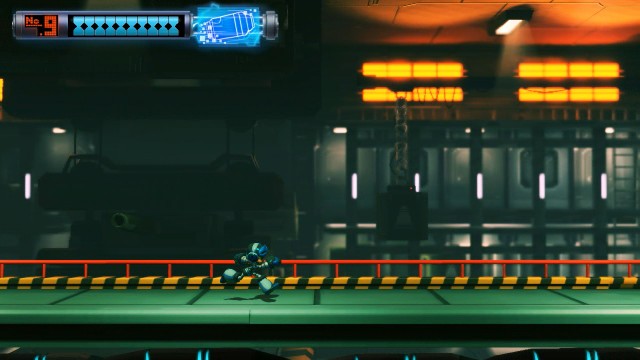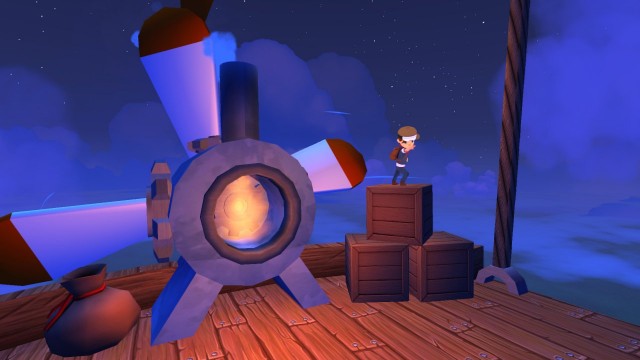
The way that gamers view the involvement of publishers in Kickstarter campaigns seems to mirror the way that many view downloadable content: it’s a great idea in theory, but the potential for abuse is cause for concern. The fear with DLC is that publishers will “lock” content on-disc or hold off on releasing content in order to charge gamers extra money. While publishers and private investors are necessary for most indie titles to see the light of day, the timing of their involvement can leave potential donors feeling uncomfortable. Gamers want to know how their money is being spent, and oftentimes there is a perception of dishonesty. If games like Red Ash don’t need to seek Kickstarter funding in the first place, doesn’t that take away focus from titles like Poi that need those kinds of donations to exist?

This general unease about how Kickstarter funds are being used has started to permeate the discussion of crowdfunded gaming. When Sony and Y’s Net announced Shenmue III at this year’s E3, many pundits pointed out that important details had been left unclear. The game’s producer, Yu Suzuki, has stated that Sony might provide additional funding for the PS4 version of the title. Making things more confusing, the original Shenmue title cost $47 million to produce, while the Kickstarter goal for Shenmue III was a mere $2 million. The title received a whopping $6.3 million in donations coming in but, according to Suzuki, he’ll need at least $10 million in donations to give the game a true, open world experience. If Sony isn’t providing the rest of the funding, someone else is, and that makes some question why they need to ask for fan money at all.
Perhaps the biggest problem with crowdfunded gaming is that there is no guarantee of timeliness or quality. Fans have wanted to see Shenmue III for years, but with such a (seemingly) modest budget, can it compare with the original? That question is likely another reason that Red Ash‘s campaign failed: Keiji Inafune may be a well-established developer, but Comcept as a team have yet to prove themselves. Mighty No. 9 does look promising, but until the game releases, we won’t know the actual quality of the game itself. As gamers know all too well, it’s easy to get swept up in the hype for a title before it comes out. Had Comcept waited to start a campaign for Red Ash until after the release of Mighty No. 9, it might have found more success. Asking fans to help fund two games without showing any results doesn’t instill confidence.

The way in which developers and publishers utilize Kickstarter is sure to raise some questions as it becomes more commonplace. The crowdfunding website has forever altered the way in which fans can use their dollar to vote for the kinds of games they want to see. Campaigns like Red Ash, however, will only serve to shake the trust of potential donors in the future. Titles like Mighty No. 9, Bloodstained and Yooka-Laylee show strong promise, but if the gaming industry wants to continue to use Kickstarter to help fund new projects, publishers and developers will have to work together to promote open communication about how donated money is being spent. While there has been some speculation about whether titles like Shenmue III or Red Ash needed outside funding, projects like Shadow of the Eternals failed to see the light of day because not enough fans donated. Fortunately, Poi doesn’t seem likely to share that fate. The game is still scheduled for release on Wii U, albeit in a more condensed version than publisher PolyKid had originally hoped for. In the end, it’s impossible to know why either of these titles failed to find funding. It’s easy to speculate about the impact that other campaigns might have had, but perhaps the interest just wasn’t there. After all, gamers have seen plenty of great games fail to find an audience. However, if more openness among developers, publishers and donors isn’t promoted, many other games could have similar issues finding funding in the very near future.
Pages: 1 2




 ShareThis
ShareThis





